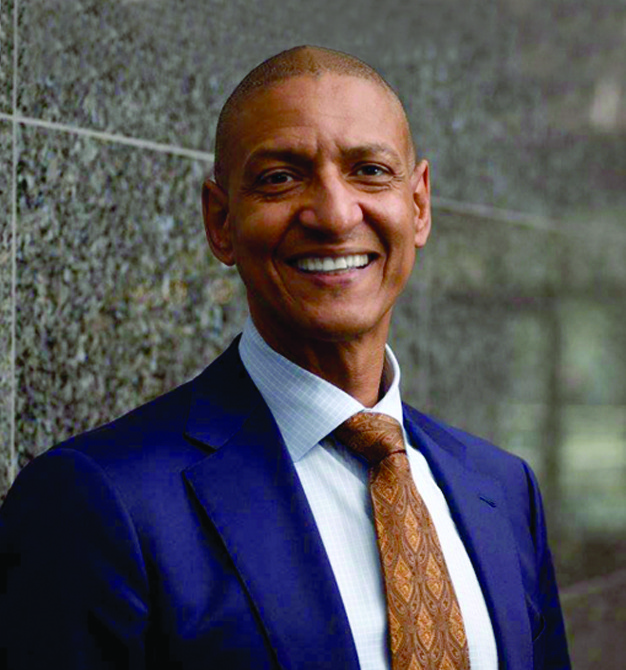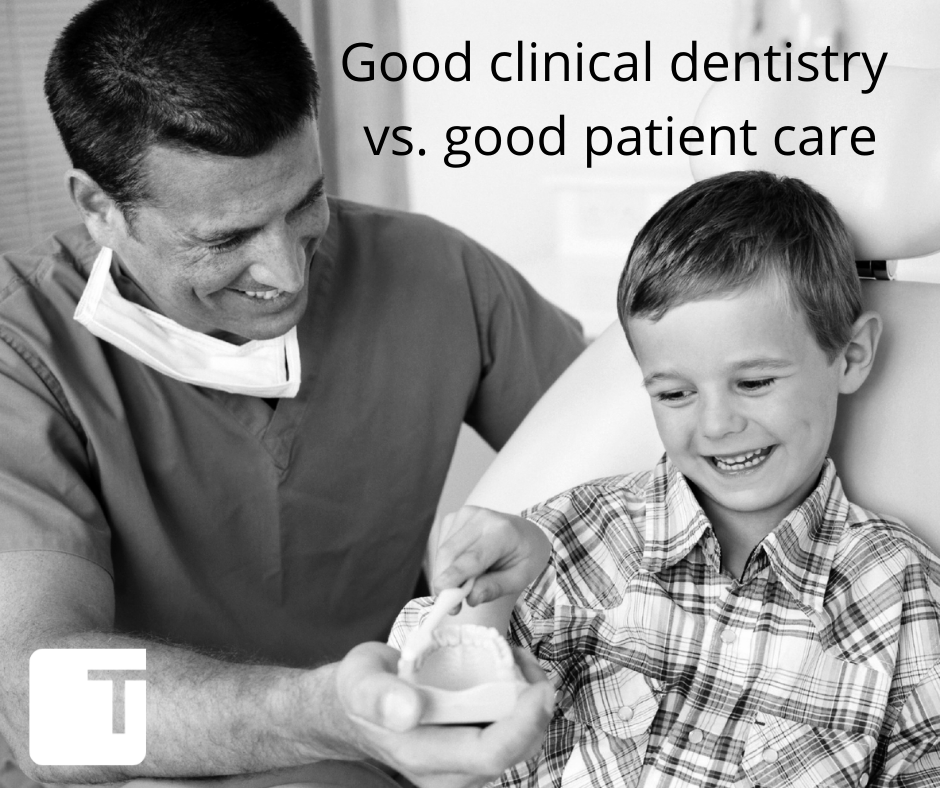Originally published 2010
The 21st century is such an amazing time to be in our wonderful profession. From a technical standpoint, we have better diagnostic tools, better materials, and greater clinical and theoretical knowledge. Today, we are a much more experienced profession with diversely trained clinicians.
Compare this to how society saw us just 25 years ago when patients expected to receive services that could be grouped into one of five most common categories: Drill-Fill-Pull-Dentures-Cleaning. In those days, the use of dentistry generally occurred when someone was experiencing a problematic dental condition which they could no longer ignore or live with. The interaction in the office tended to be very generic, subservient, and somewhat routine. Patients walked into the office clutching their wallets tightly while waving the almighty insurance booklet in the air, with the comment, “Here’s my problem, Doc. Do the minimal thing you can do to fix it that will be covered by my insurance… and please keep the pain down to a minimum because you know no one really likes being here.” This preamble was usually followed by a reluctant baton pass by the patient to us, at which point we proceeded to put the patient through a very clinical and somewhat routine system of diagnosis and treatment delivery. It was a very technical, unemotional, and generic process that locked dentistry into an insensitive, disconnected, reparative image.
Dentistry is undergoing a major transformation. The entire dental community including labs, distributors, manufacturers, and service companies are re-packaging (re-branding) their products and services into a more customer friendly, human touch experience. Today we live in a service-based economy. Business begins and ends with people. The average dental consumer expects quality and service delivered in an honest, caring, and compassionate environment. Let’s ask ourselves: Do we sometimes oversell the physical details of our services without adequately embracing the human attached to the teeth?
When people make a decision to accept your dental care, they are actually making a decision to accept you. You-the-person, not you-the-dentist. The patient’s relationship with you and your entire team is the most important element in a successful practice. Patients are committed to us, not to our facilities, our clinical procedures, or our instruments. The difference between good dentistry and great dentistry will never be as clear to them or impress them as much as a good relationship with you. Their commitment to your business will be primarily based on how you make them feel while they are receiving your care. Simply put, people may forget what you said and what you did but people will never forget how you made them feel, and this memory will linger long after they have forgotten which tooth you crowned.
As people and as dental patients, it is our basic human nature to want to feel genuinely respected and cared for, especially when it comes to placing our health in the hands of professionals. With all the technical learning and training dentists receive, something can begin to get lost and fade away. While vigorously pursuing clinical excellence, is it possible we begin to lose sight of the person attached to the teeth? Is it possible our clinical focus has diminished our human connection and relationship skills? After years of coaching dental teams and individual clinicians, it is my experience that our communication can very often appear cold and disconnected to people because it is delivered in a very technical manner devoid of emotion and humanity. As a profession, if we are to succeed in altering the negative paradigms society holds about dentistry, we must begin to look beyond the instruments we are holding in our hands. In fact, we are holding the life and feelings of the person attached to the teeth. Patients are filtering all decisions they make through their feelings and personal life circumstances.
The time we take to build strong personal relationships with our patients will have a huge impact on our overall ability to sell the full scope of our services. Relationships strengthen your likability and likability leads to case acceptance. If I like you and show you I do, you’re going to have a tendency to like me. If you like me, you will have a tendency to trust me. If you trust me, you’ll have a tendency to believe the things I say. And if you believe the things I say, you’ll have a greater tendency to accept my treatment advice. Likability leads to case acceptance and likability can only be developed by building strong personal relationships with each one of our patients.
A people-centered business feels and sounds much different from the traditional, generic, transaction-oriented business. We should all take a closer look at our own practices to explore where we stand in our human relations effectiveness. Are you merely processing your patients through a series of generic transactions or are you taking the time to get to know your customers, their beliefs, their desires, and their fears? Two people can only achieve a strong relationship by reaching beyond the boundaries they usually maintain between themselves and strangers.
When we reach out to patients, we begin delivering a more connected caring experience. If we focus on dentistry, we will not see people; and our patients will not feel connected to us nor will they be as inspired by our ideas of how we can help them. But if you focus on people, then in subtle, powerful, and unseen ways your inner attitude will create patterns of behavior and communication that are very powerful in influencing and inspiring people. This adjustment of focus is not really that difficult. For many, it is merely a matter of genuinely reconnecting with your authentic non-dental self – which is the way you thought and saw things before the world of dentistry started crowding out your thinking. There is a buzzword being used today to describe what we are talking about, called Emotional Intelligence (EI). In our highly technological world, raising our emotional intelligence is becoming more and more important so as to not dehumanize the value of dentistry. Human talk, not dental jargon, is the language your patients will understand and feel inspired most by.
The success of a dental practice, like any business, is directly related to customer loyalty–and loyalty is derived from relationships of trust, respect, and connection. This kind of loyalty can only happen with employees who are passionately dedicated to developing genuine human connections with people. Patients come into the practice with a suitcase full of everything that is going on in their lives. Our job is to fit the dentistry into their suitcase not into their mouths. We must find our patients’ hearts before searching for their teeth. (If all you have is a hammer, then everything will look like a nail. Similarly, in dentistry, if all you see is your repertoire of skills, then every patient will look like a tooth and your case presentation will sound very technical with low emotional appeal to the patient.)
The following is a list of things we can do to strengthen our personal connection and overall ability to lead our patients.
- At the end of each patient visit, make “personal notes” in the chart about the person attached to the teeth.
- Before seeing your next patient, take a brief moment to review previous “personal note” chart entries.
- While reviewing the chart, go through a quick “State of Mind Change” to make room in your heart and mind. Become curious and interested in the person you are about to serve and temporarily clear out the clutter and stuff from the rest of your day/life.
- When scheduling procedures, always factor connection time into your estimated appointment length and begin each appointment with human connection chit-chat. Relationship building is a two-way process, which means that it’s ok to share personal stories that enable patients to get to know who you are as a person.
- Be genuinely curious and interested, and show it by minimizing insincere dialogue (baby talk, overly sweet niceness, counterfeit sincerity, and superficial pleasantries).
- Listen deeply to your patients. If they are quiet, guide them by asking insightful questions; then listen with your heart, your mind, and your spirit.
- At the end of each patient visit, briefly ask yourself: “How connected was my last patient to me?” To find the answer, look into your own heart, because the answer inevitably will be, “As connected as I felt to them and not much more.” Patients can feel our sincerity and this will be mirrored back to us through their feelings.
“Customer relations” is the main area where we can shine in our patients’ hearts, thereby cultivating intense loyalty. It is the new yardstick that will differentiate us. No two practices can be virtually identical in the people they attract, the work they inspire, the information they pass on, or the emotions and feelings they create. It is impossible! Human beings are too different and their interactions in different environments only magnify those differences. We all have walked into a company and immediately detected these forces at work. Passion, energy, caring, and optimism in a dynamic service company are palpable within the first 15 seconds of entering the reception room. You can read the DNA of a company from the receptionist and discover it replicated throughout the company. Dentistry is no different. You must believe you are worth more to your clients than what you sell. We are not in the dentistry profession serving people; we are in the people business providing dentistry. Embrace the human condition! Your dentistry gets you into a game where relationships win. Grow your business one relationship at a time.

Contact Information for 2021
Peter Barry C.M.C., R.R.D.H.
Transformational Trainer & Strategic Enhancement Coach
Peter Barry is Founder of “Practice Mastery” a Team Development Coaching company that serves the growth & development needs of your practice. He provides customized group and one on one “Success Coaching” to Dental professionals and industry companies across N. America.
FMI: IG @peterbarrycoach / peter@practicemastery.com / www.practicemastery.com / 416-568-5456
Read more from Peter:

